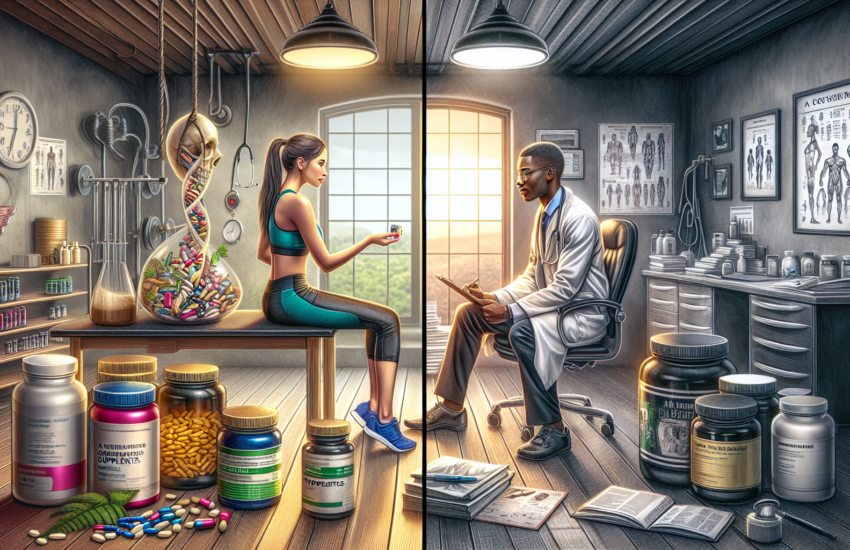How I Avoided Overdosing on Vitamins
The Wake-Up Call
It all started with a simple desire to boost my health. I wanted to feel more energetic, improve my immune system, and perhaps even enhance my skin’s glow. So, I turned to vitamins and supplements, hoping they would be my health’s secret weapon. Little did I know, my enthusiasm could have led to a dangerous path of vitamin overdose. But I caught myself just in time, thanks to a mix of personal experience and some eye-opening research.
My Initial Misstep
I began by taking a multivitamin, but soon added vitamin C, D, and B12 to the mix, thinking more was better. I even threw in some herbal supplements I heard about online. Before long, I was popping pills like candy. It wasn’t until I experienced symptoms like nausea and headaches that I realized something was off. My doctor confirmed my suspicions: I was on the brink of vitamin toxicity.
Learning the Hard Way
That scare was a turning point. I dove into research to understand what had gone wrong. I discovered that fat-soluble vitamins like A, D, E, and K can accumulate in the body, leading to toxicity if taken in excess. On the other hand, water-soluble vitamins like C and B vitamins are generally excreted in urine, but excessive intake can still cause issues. This knowledge was crucial in adjusting my approach to supplementation.
The Role of Research
One study that particularly caught my attention was from the National Institutes of Health, which highlighted the risks of vitamin overdose, especially with fat-soluble vitamins. Research on How I Avoided Overdosing on Vitamins emphasized the importance of sticking to recommended dietary allowances (RDAs) and consulting with healthcare providers before starting any new supplement regimen.
My New Strategy
Armed with this knowledge, I revamped my supplement routine. I started by focusing on my diet first, ensuring I got as many nutrients as possible from food. I learned that a balanced diet rich in fruits, vegetables, whole grains, and lean proteins could meet most of my nutritional needs. For the nutrients I couldn’t get enough of through diet alone, like vitamin D, I took supplements but strictly adhered to the RDA.
The Importance of Testing
I also began to monitor my vitamin levels through blood tests. This step was crucial in ensuring I wasn’t overdoing it. For instance, my vitamin D levels were borderline deficient, so I supplemented accordingly, but always under the guidance of my doctor. This approach not only kept me safe but also helped me feel more in control of my health.
Listening to My Body
Another key lesson was to listen to my body. I paid close attention to how I felt after taking supplements. If I experienced any adverse effects, I immediately stopped and consulted my doctor. This practice helped me avoid the pitfalls of over-supplementation and ensured I was only taking what my body truly needed.
Sharing My Story
I’ve shared my experience with friends and family, hoping to prevent them from making the same mistakes I did. I’ve learned that while supplements can be beneficial, they should be used wisely and with caution. It’s about finding the right balance and not falling into the trap of thinking more is always better.
A Balanced Approach
Now, I maintain a balanced approach to my health. I focus on a nutritious diet, take supplements only when necessary, and always consult with healthcare professionals. This method has not only kept me safe from vitamin overdose but has also helped me achieve the health benefits I initially sought.
By sharing my journey, I hope to help others navigate the world of vitamins and supplements more safely. It’s about being informed, cautious, and always prioritizing our health over the allure of quick fixes.

